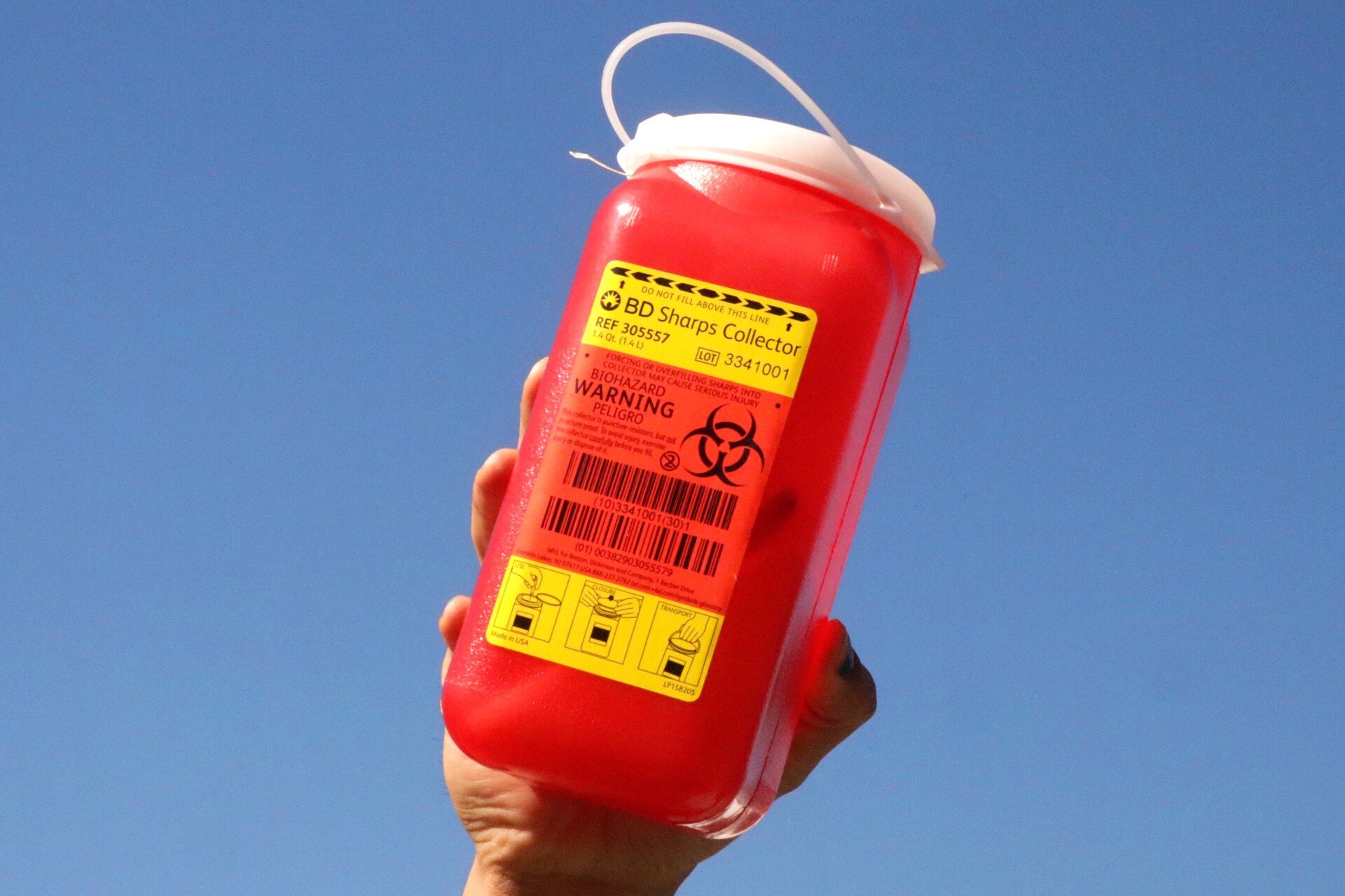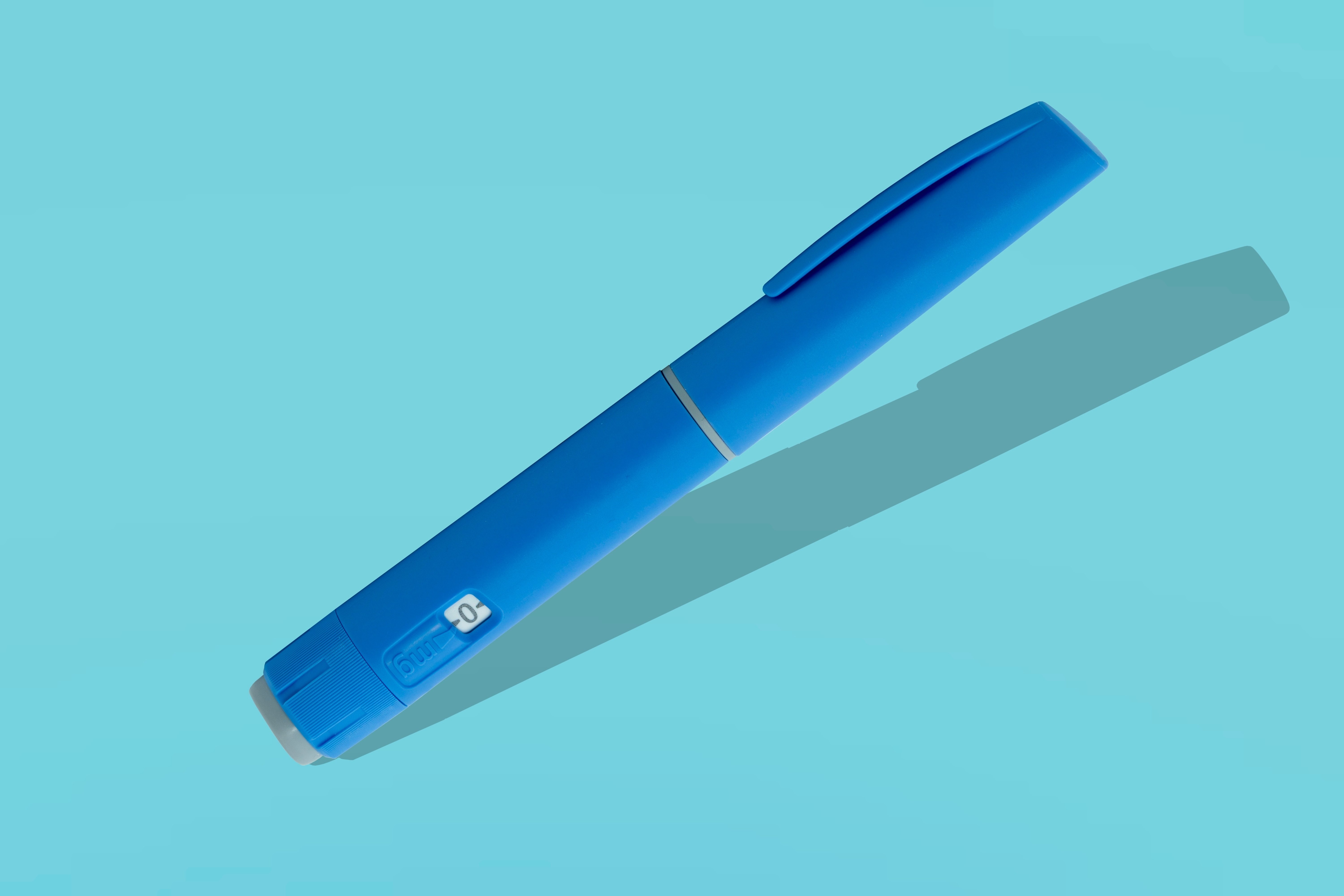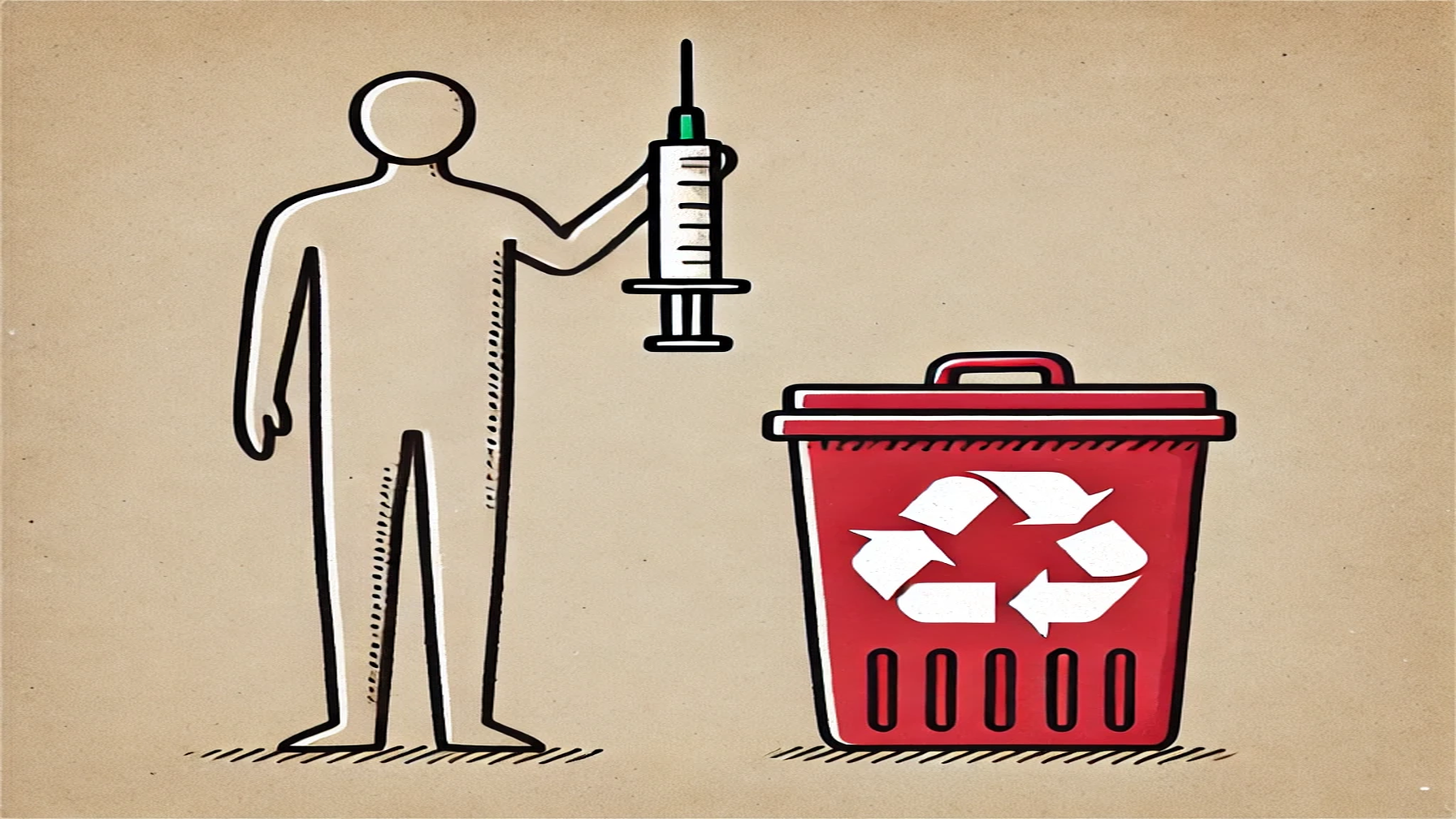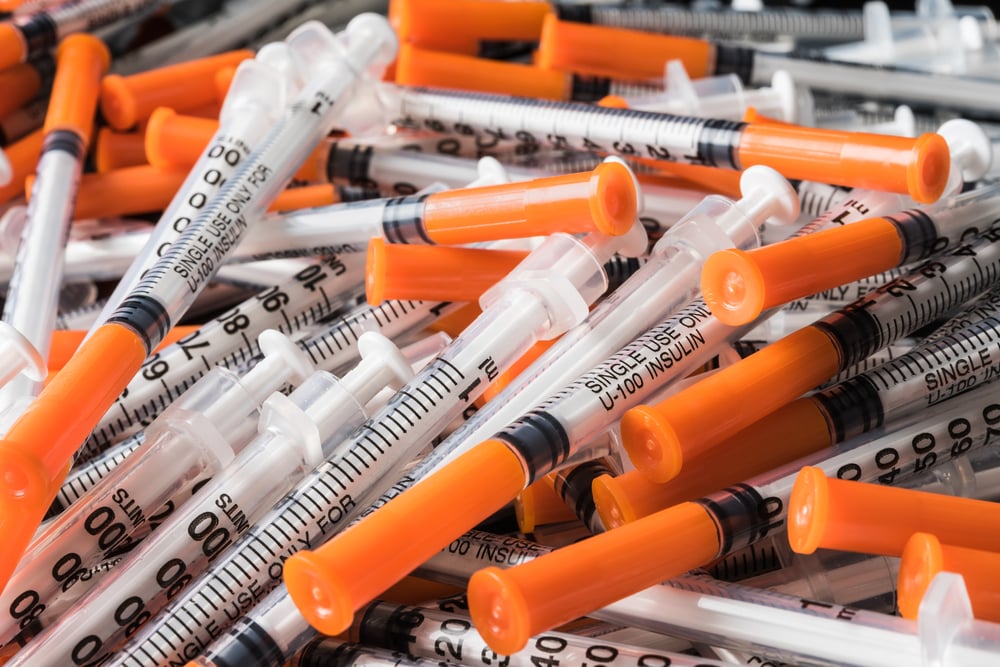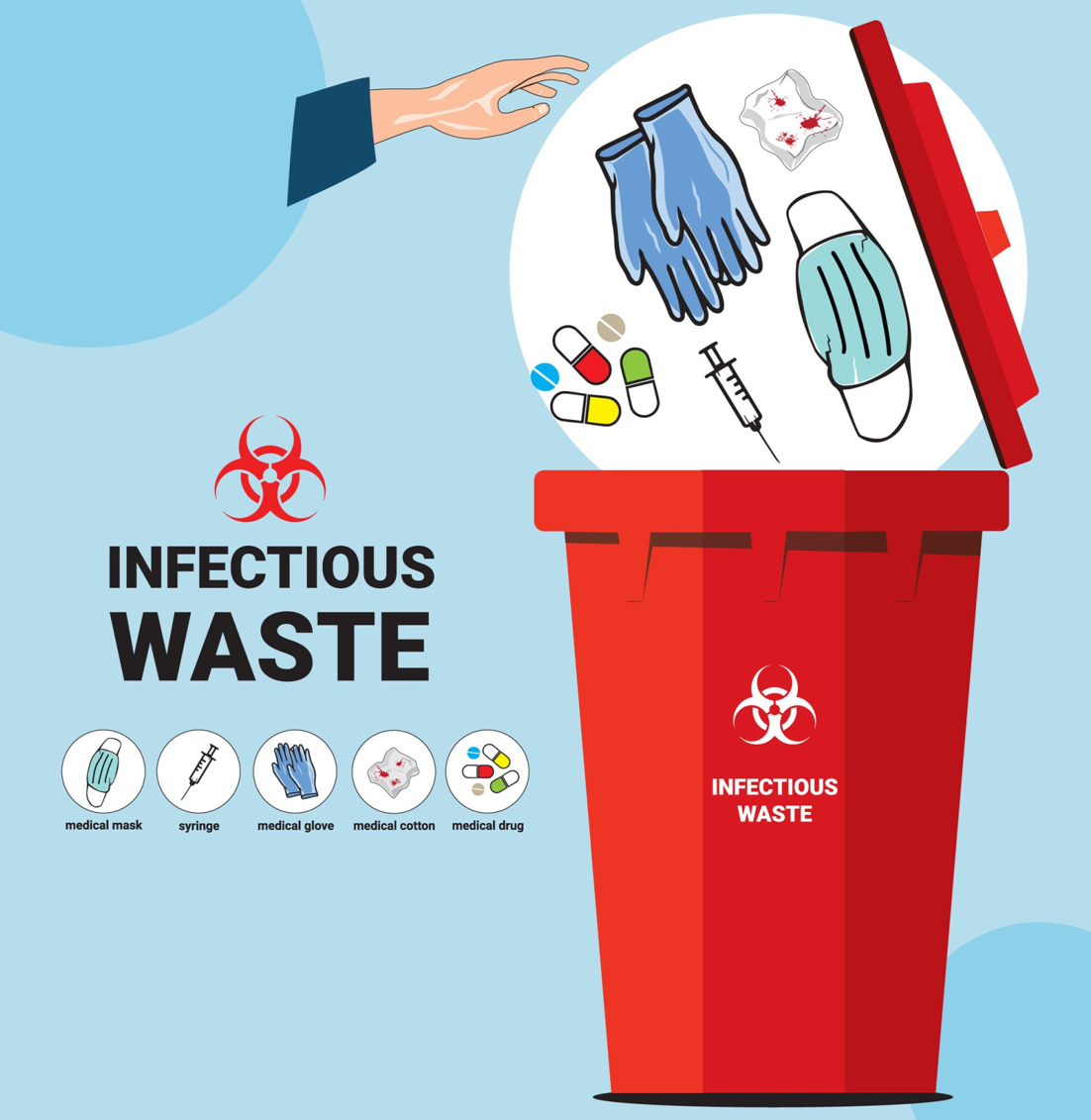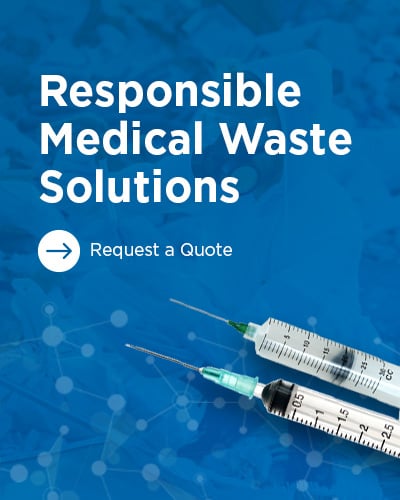The Growing Problem of Medical Waste and Sharps Disposal Every year, millions of used needles and syringes are discarded, which can create significant environmental and public health risks. Individuals who self-inject medications, such as those managing diabetes, hormone therapy, or weight-loss treatments, often lack clear and sustainable options for disposing of their sharps. Traditional disposal methods, including placing ...
Every day, healthcare facilities, pharmacies, and homes generate medical waste. Items like used needles, syringes, and other sharps or medical waste. While these materials are essential for treating illnesses and managing health, their improper disposal poses significant risks to people and the environment. This issue is more than just a healthcare problem; it’s a community-wide concern that affects us all. Why Improper ...
The rise of GLP-1 injectable medications, such as those used for diabetes management and weight loss, has been nothing short of a pharmaceutical phenomenon. In 2023 alone, the demand for GLP-1 meds skyrocketed, with global sales expected to exceed $12 billion by 2025, according to a report by Fortune Business Insights. It shows that there are more patients embracing injectables as part of their health and wellness journey. ...
As more patients manage their medical treatments at home, generating sharps and other medical waste, they often face a frustrating lack of guidance on safe disposal methods. Patients who are motivated by concerns for their health, safety, and the environment are frequently left to find disposal solutions on their own. Which can add stress to their healthcare routine. Our recent PureWay survey highlights this challenge and ...
Starting a new medication is never easy. The challenges can be particularly daunting when the medication needs to be self-administered through injections. Not only are there mental obstacles to overcome, such as the fear of self-injecting, but there are also financial considerations to bear in mind. This post aims to provide a comprehensive guide to the self-injectors and also extend an olive branch to the manufacturers. ...
With over 200,0000 sites serviced over the last ten years, our team of specialists have documented what we are calling the top ten ways healthcare professionals are reducing cost while operating their practice in 2022-2023. Our team communicates with thousands of healthcare professionals every day in regard to office operations, compliance tasks, and waste management tasks. Below is a list of the top ten areas we have seen ...
Promoting Safe and Responsible Disposal of Injectable Devices: How Pharmaceutical Manufacturers are Offering PureWay Compliance Sharps Disposal System" Pharmaceutical manufacturers are constantly seeking ways to improve the safety and effectiveness of their products. One of the most important considerations is the proper disposal of injectable devices, which can pose a risk to both healthcare workers and the general public if ...
Safe Sharps Disposal for Home Injectors: Protecting Others and Supporting the Industry For individuals who require regular injections for medical purposes, managing the disposal of used needles and other sharps can be a challenging and potentially hazardous task. Improper disposal of sharps not only poses a risk to the individual and their family members but also to the wider community and the environment. This is where safe ...
As responsible pet owners, we strive to provide our furry friends with the best care possible. But sometimes, we overlook the dangers lurking in our own homes. One such danger is the improper disposal of used sharps, which can pose significant health risks to both our families and pets. By using sharps containers, such as the PureWay Sharps Disposal System, we can create a safer environment for everyone. This article will ...
The American Hospital Association proposes that there are 951,045 staffed hospital beds in the United States every year. Therefore, according to Slate.com, it is estimated that it creates approximately 5.9 million tons of garbage annually—which could be even more since the hospitals surveyed already recycle or otherwise divert 10 percent of their waste. The World Health Organization estimates that there are more than 16 ...
Category
- sharps disposal (40)
- Medical Waste (38)
- sharps container disposal (37)
- sharps mail back (31)
- Compliance (27)
- Pharmaceutical Waste Disposal (17)
- Safety (17)
- Infection Control (13)
- Dental Practice (12)
- Hazardous Waste (11)
- OSHA (11)
- biohazardous waste disposal (11)
- #GLP1 (10)
- patient support programs (10)
- News (9)
- Hazardous Waste Disposal (8)
- Universal Waste (8)
- amalgam disposal (8)
- vet sharps disposal (7)
- OSHA Training (6)
- amalgam separators (6)
- Diabetes (5)
- amalgam recycling (5)
- dental clinical waste disposal (5)
- Amalgam (4)
- Diabetes Mangagement (4)
- ECOII Amalgam Separator (4)
- medication disposal (4)
- quart containers (4)
- veterinary medical waste (4)
- Diabetes Awareness (3)
- News & Regulations (3)
- surface disinfectant (3)
- Diabetic Kit (2)
- HIPAA (2)
- flu vaccine (2)
- influenze (2)
- sharps disposal for veterinarians (2)
- BioSURF (1)
- HIPAA Compliance (1)
- HIPAA Law (1)
- HIPAA Violation (1)
- RP Returns (1)
- improving patient experience (1)



